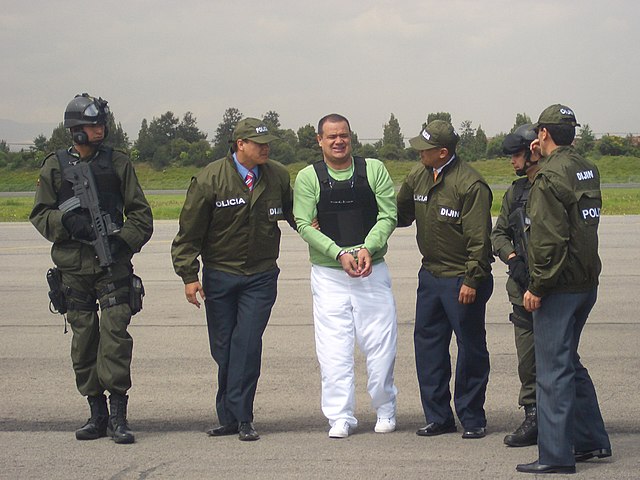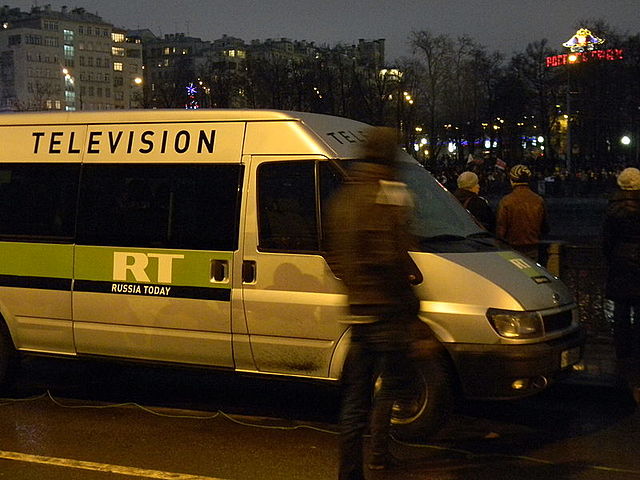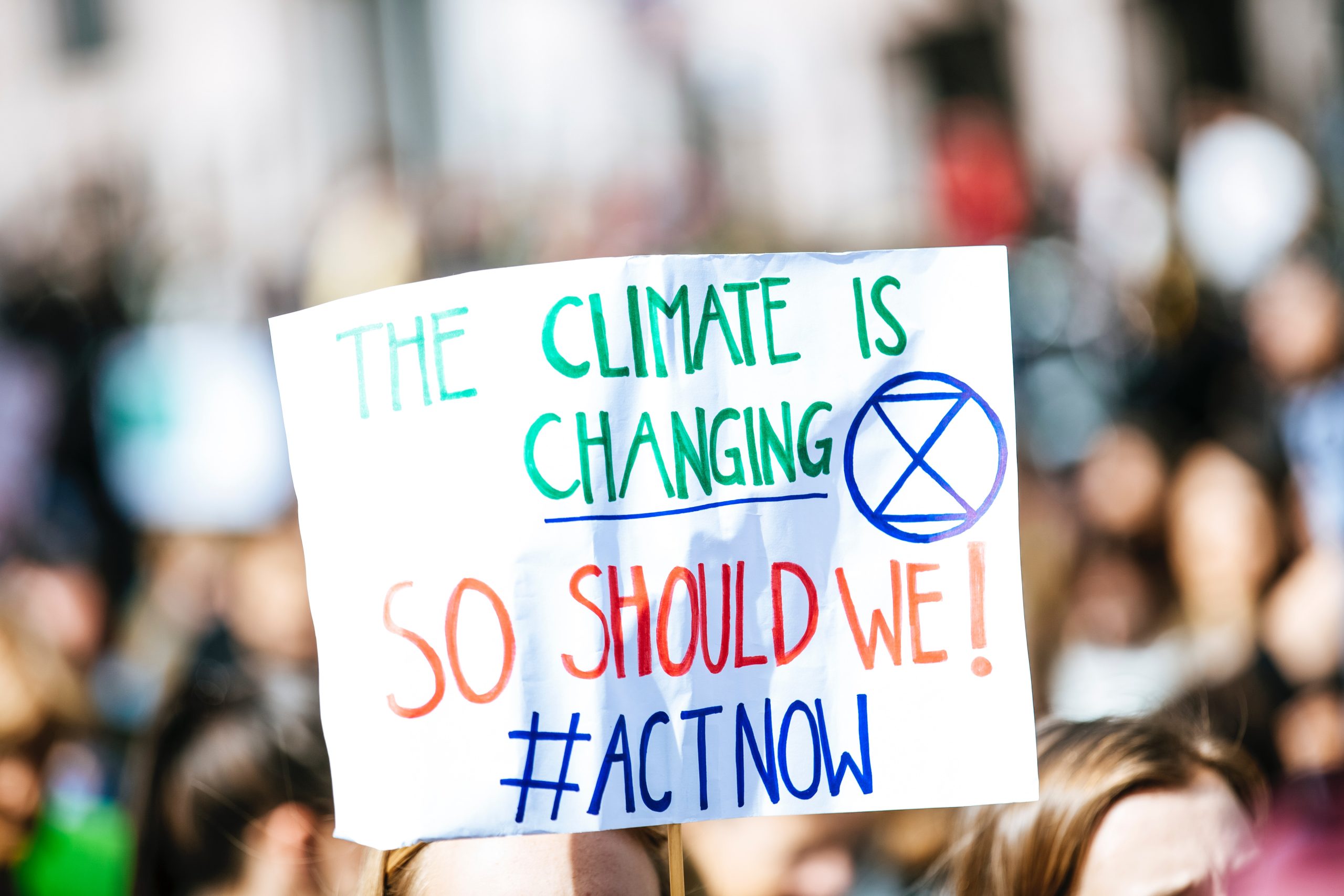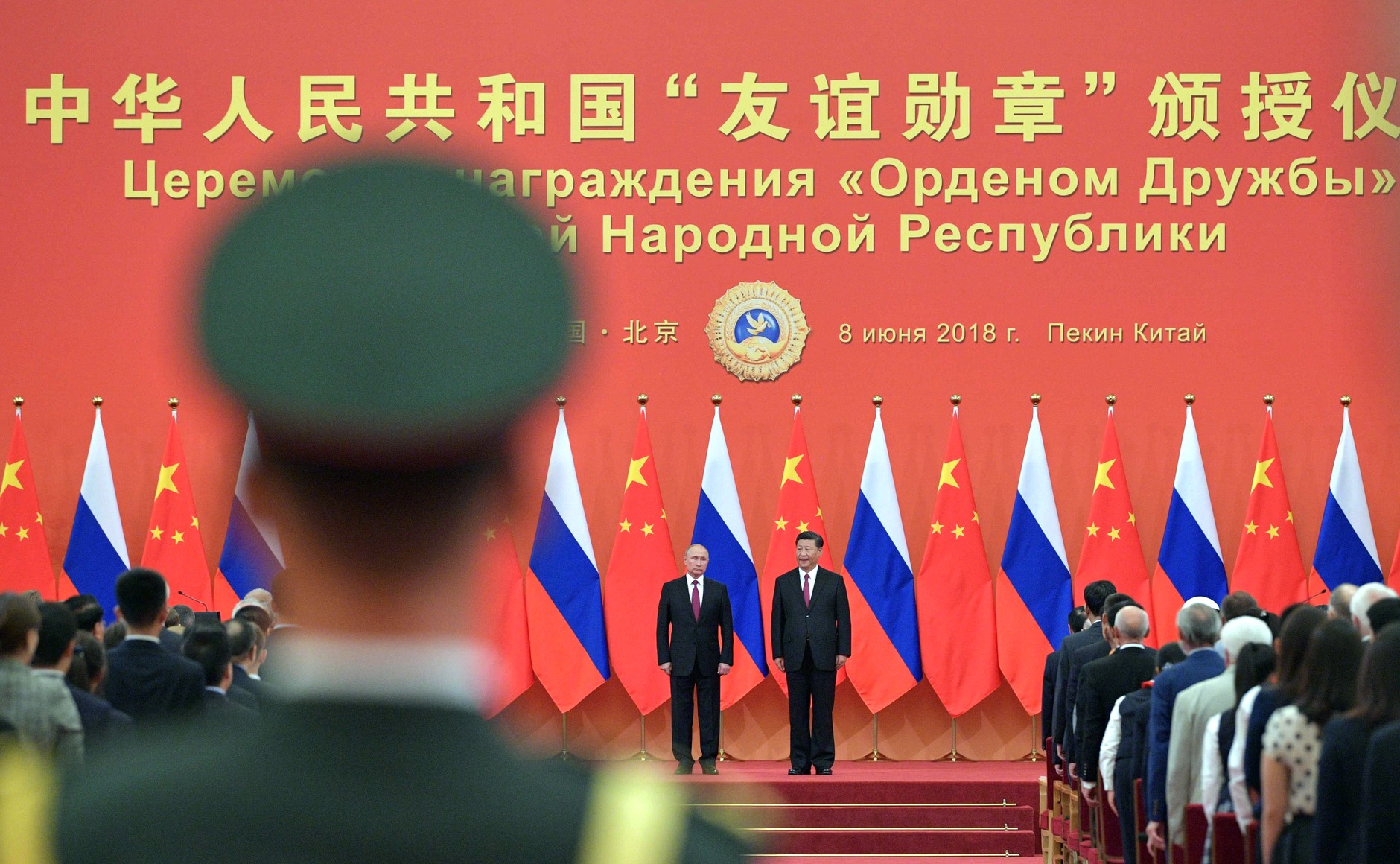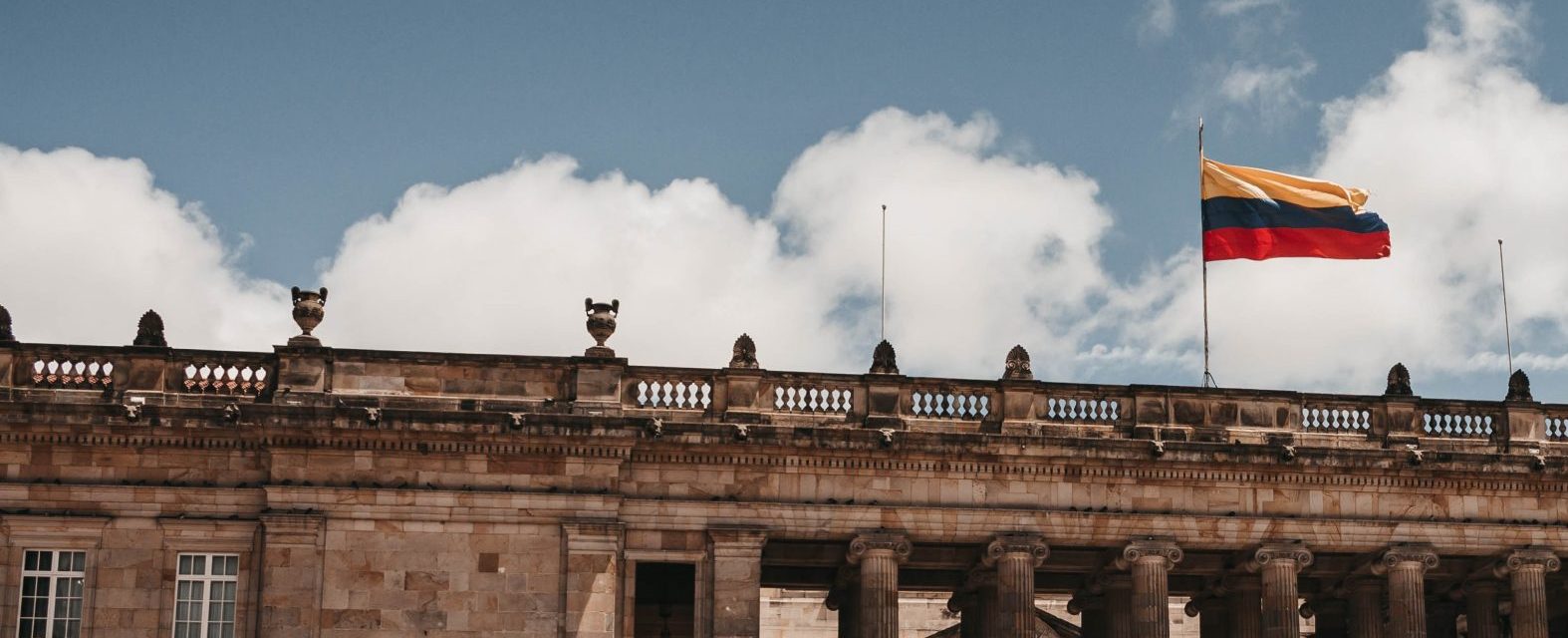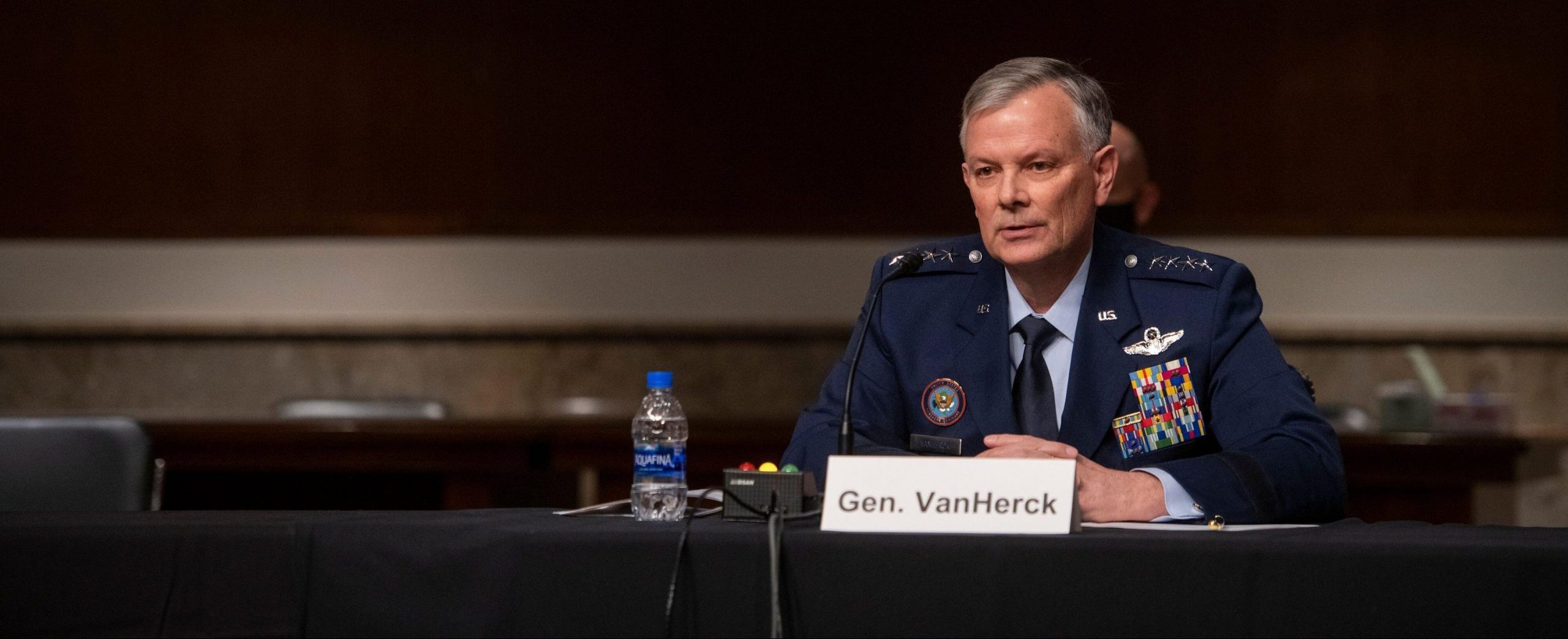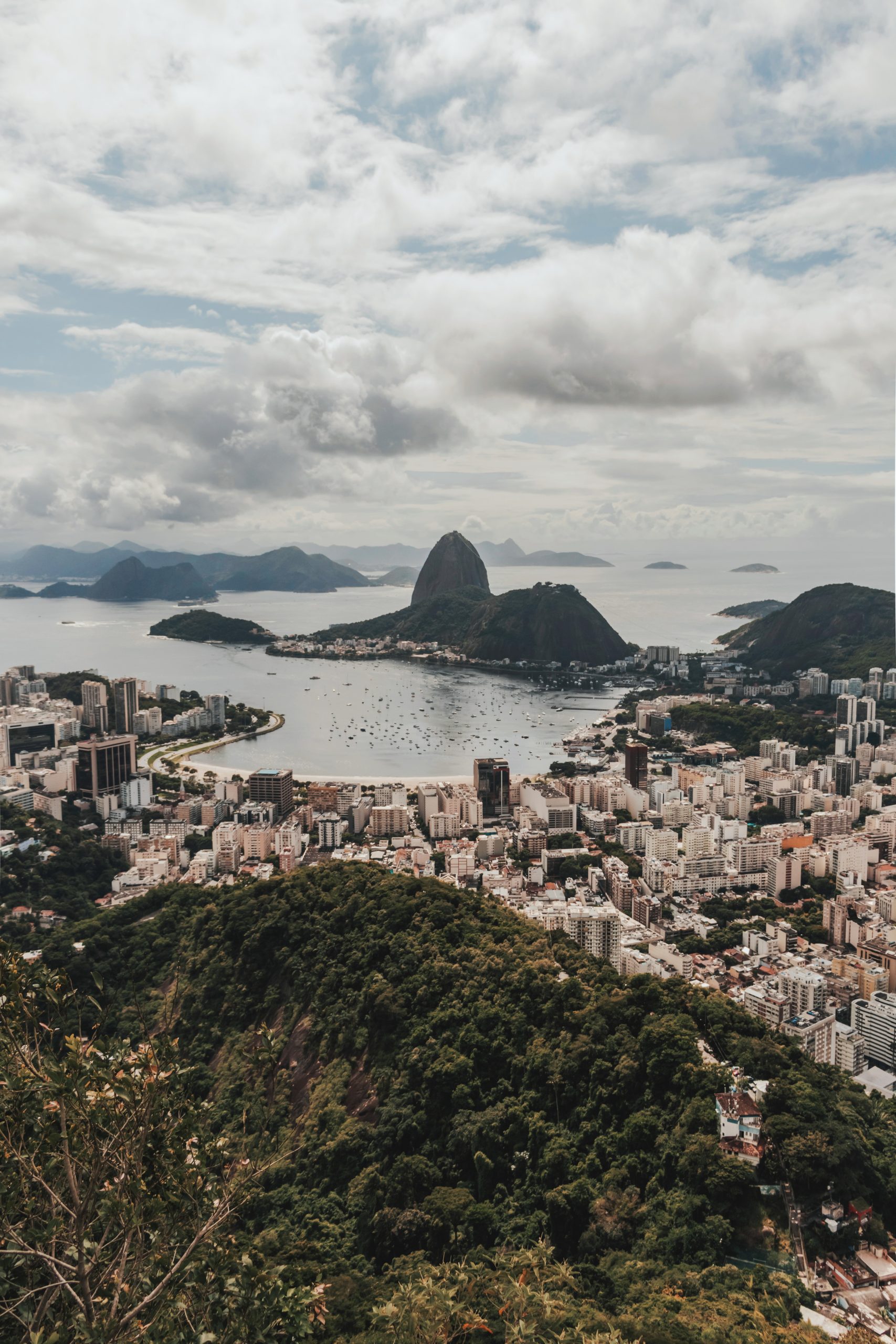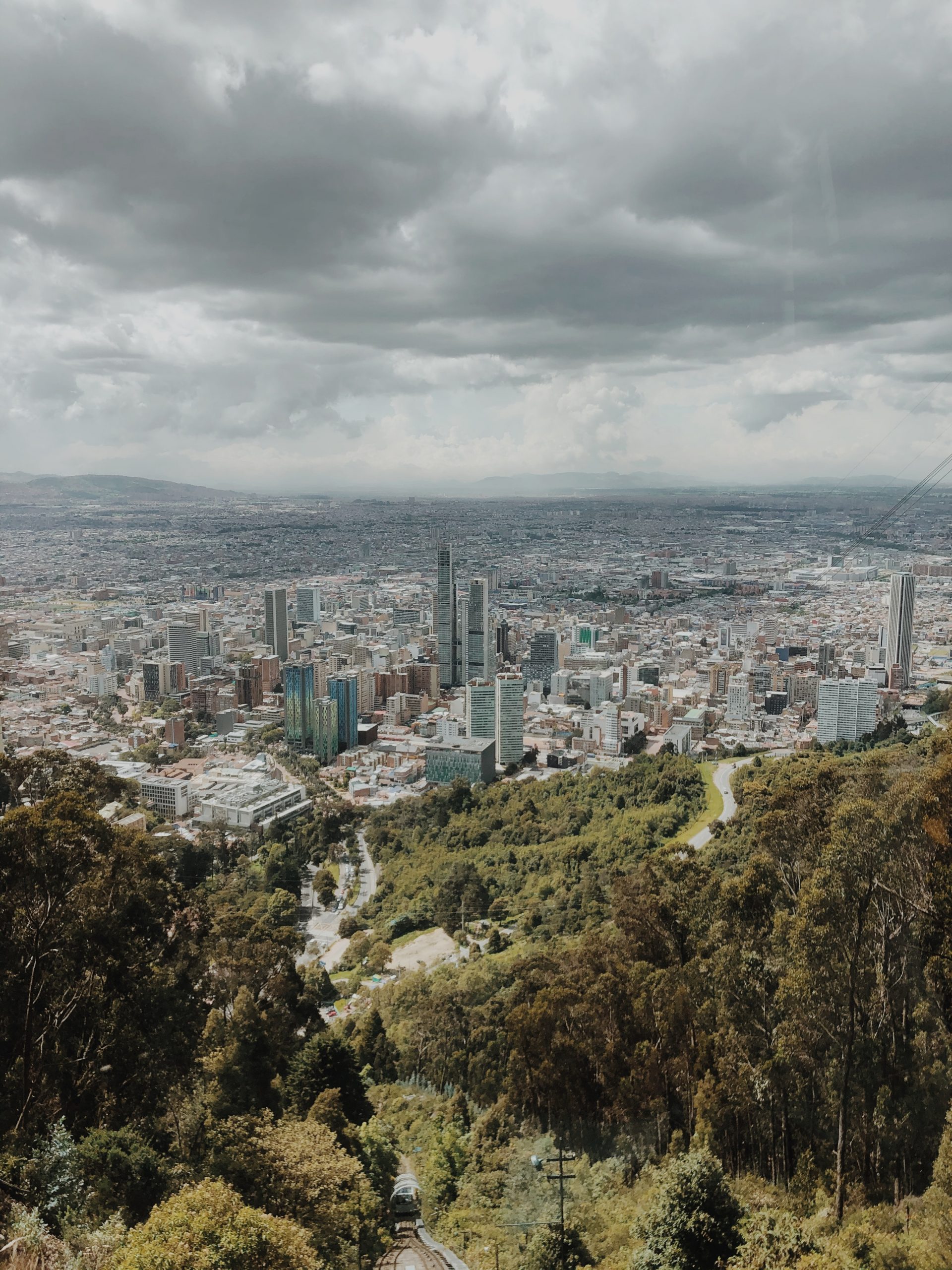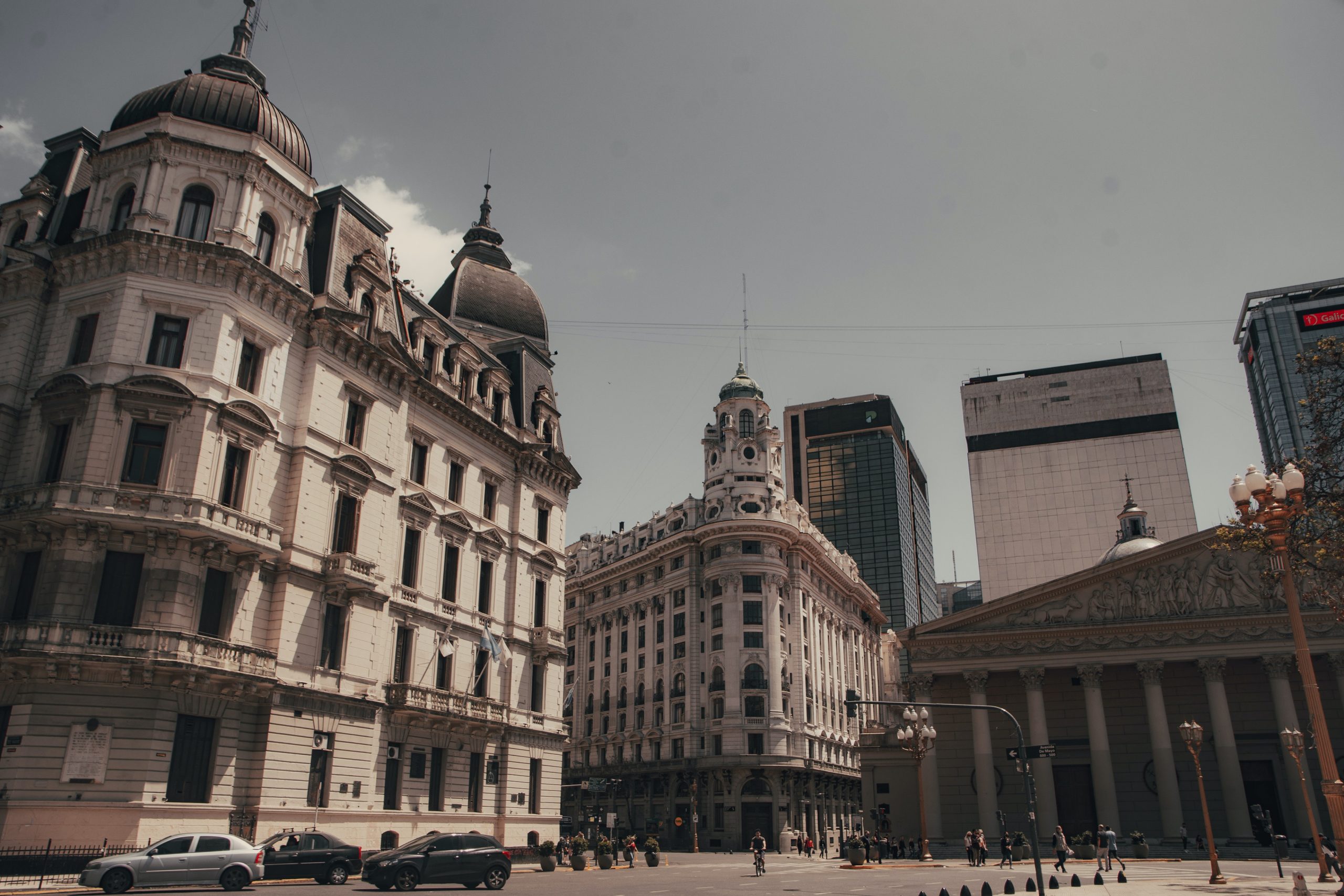Language of Violence: Evolution of Mexican Cartels
As cartels in Mexico have evolved under pressure, so too have their presentation, methods and goals. Forcing Change Sharing an over 2,000-mile border with the largest cocaine consumption market in the world, early Mexican drug trafficking organisations (DTOs) leveraged nearly a century of smaller-scale smuggling experience to streamline trafficking into…
The Kingpin Strategy: More Violence, No Peace
The so-called kingpin strategy has long been at the heart of the War on Drugs. From Pablo Escobar to Joaquín ‘El Chapo’ Guzmán, the strategy assumes that cutting off the head of the snake is the best way to incapacitate the body. Yet there has been increasing debate about the…
Weapons Trafficking in Ukraine: Threat or Diversion Tactic?
Fears of trafficking and black-market sale of weapons shipped to Ukraine continue to make headlines. With billions of pounds in weaponry arriving in Ukraine – ranging from small arms and light weapons (SALW) to complex rocket artillery systems – outsiders have aired concerns over the weapons’ final destinations. However, the…
Protest Rights: Another Casualty of Climate Inaction?
The criminalisation of protest is of increasing concern as government priorities and the demands of eco-protest groups remain largely incompatible. The passage of The Public Order Bill raises important questions about the right to protest but also places a burden on the police to interpret and enforce vague, subjective and…
Geopolitics of Impunity: Transnational Organised Crime in the Context of the Rise of Global Authoritarianism
The rise of global authoritarianism whips up a perfect storm, aiding the evolution of transnational organised crime. Transnational organised crime is becoming more organised by the day. Why has the evolving ground reality already surpassed the existing definitional and semantic understandings of this phenomenon? Transnational organised crime is a term,…
How the weak won the war on drugs: drug cartel fragmentation and the evolution of the new generation of Colombian drug traffickers.
New factors and circumstances are reshaping and redefining modern drug dealing organisations in Colombia. A defensive response Consistent violence has occurred within and throughout Colombia in the last thirty years as a consequence of the so-called “war on drugs” between the state and criminal actors. This unrest has catalysed a…
US Foreign Policy in Latin America: Wolf, are you there?
Image: Gen. Glen D. VanHerck, commander of U.S. Northern Command and the North American Aerospace Defense Command, testifies on Capitol Hill, March 16, 2021. The United States (US) continues its efforts to tackle illicit trafficking and organized crime at home but has further restrained its engagement in Latin America. It…
What the Illicit Activities of Militias Can Tell Us About the True Nature of States
Relationships between states and militias – also understood as paramilitaries, self-defence groups, vigilantes, and other, more localised terms – can be difficult for analysts to make sense of. This is partially because there is huge variation across space and time in the form of the relationships. But it is also…
My Enemy’s Enemy is my Friend: Polarisation, Stigmatisation, and Political Violence in Colombia
As we approach Colombia’s election season, the prospect of an increase in political violence is at the front of many analysts’ minds. Colombia’s elections have often been bloody; five presidential candidates were assassinated in the 20th Century alone. Just a few years ago seven candidates were killed during the municipal…
To Militarise or not to Militarise: That is the Question
Argentina, a country in which the armed forces are struggling to grasp their role amongst other government institutions, presents fertile ground for the re-emergence of a timeless debate. To what extent should governments support the adoption of repressive counter narcotics policies and signal a move towards militarisation. Democracy and internal…


